The “Genre” Thing and That Whole Grey Area
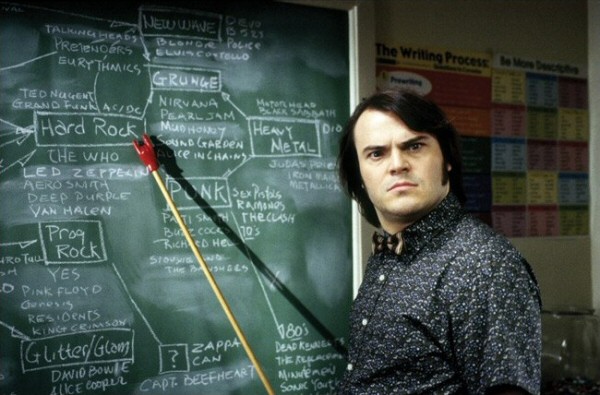
Music debates regarding bands, genres, credibility and more; the music scene is always full of discussion, and it often leads to some pointless, and often heated, arguments.
I’m lucky enough to have a group of friends and “colleagues” that are passionate about the music they love, going to festivals and/or simply finding new sounds to nourish their ears and distract them from the menial nature of modern life.
Pop, Hardcore, Metal, Punk, Hip-Hop – you name it – it’s great to simply stick to and continue to like what you like. But it’s also great to have an open mind, and yet, whenever that faithful discussion on “which genre is which?” crops up, no doubt people will keep a level head for a while, and then… BOOM!
Aggro. If you’ve spent any time in forums or Facebook groups then you know exactly what I’m saying.
I’ve enlisted some of the fellow MF staff and some of our faithful readers for this one, and I’ll be sure to throw in some tracks too so we aren’t too bored.
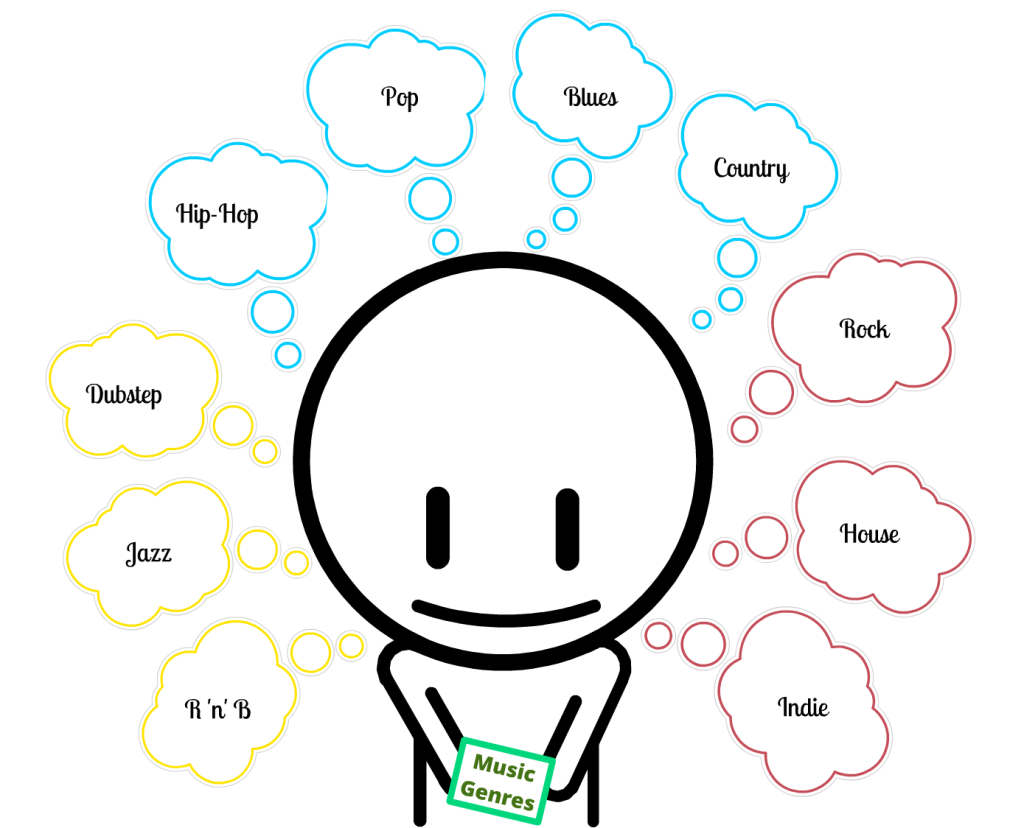
Genre dismissal is a decent starting point I think:
‘I spent about 20 minutes trying to explain to my Step-Dad what Math Rock was…’
– Ewen Trafford
The mainstream is titled so for a reason.
People will often not have a fucking clue what *Genre A* is when you try and explain it. ‘It sounds weird‘, or, ‘I’ve never heard of them’, are common responses, simply because they haven’t heard it on a mainstream radio show or station before. For example, trying to explain what Crust Punk was to my brother only prompted laughter.
When I was growing up, I would respond to the ‘What music do you like?’ question with, ‘Anything, just not Heavy Metal’. And throughout life, I’ve heard many variations of the same answer. Because the only music you’d generally hear or experience was on Top Of The Pops (that takes me back) or BBC Radio One’s main programs.
Now I won’t go on a huge rant about my opinions on what I like to call the ‘Radio One Generation and Conditioning’, as that may manifest itself another time, but you get the point. There’s liking something because it’s there and fed to you, and then there’s genuine admiration and an actual “liking” for a composition.

I became passionate for music, mainly in the Alternative vein, when I was about 14. Ten years on and it has only intensified. I discovered Punk music and its many variations and that was it. These days, I listen to whatever I come across and try to keep an open mind, which helps with this MF lark quite well. I love it.
Anyway, I remember trying to explain to a member of my family what Post-Hardcore was, and how it was a derivative form Hardcore Punk. I was subsequently told to shut up and that I was “obsessed”, simply because I found it interesting and probably, if I’m honest, because he had ‘never heard of it’.
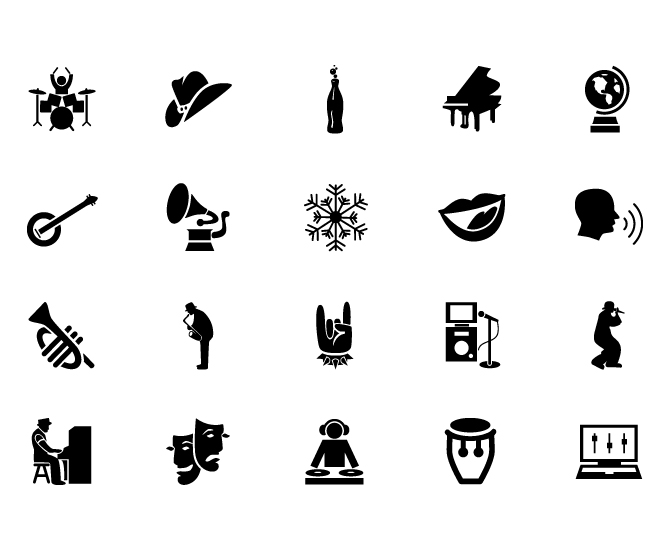
Words such as Punk, Metal, Pop-Punk, Emotional/Emotive, Melodic – are all “dirty words” in many conversations amongst fans of the aforementioned, and they really shouldn’t be. I’ve tried telling fans of Punk and Metal about contemporary Pop-Punk bands that sound like the genre’s golden age, only to be instantly dismissed… because I mentioned those dirty words, “Pop-Punk”.
Try telling someone you’re into Punk and Metal and receiving nothing but an ‘Oh‘ in return. Or informing an old-school Punk (or someone who believed it “died” with the Sex Pistols) about your mates’ new Punk band with that slight Metal influence, only to be told you’re wrong.
‘Anyone who’s ever had to do a double take after finding a My Chemical Romance CD behind Megadeth in HMV’s Metal section will have realised that the finer points of genre assignment are lost on the mainstream media – but they’re no better within the scene either.
Don’t buy into the bullshit. Partitioning bands under discrete labels might be a useful tool for targeting sales, but does nothing to help you find music that speaks to you. Let them do it to Miley Cyrus and The Libertines, but if you think The Sex Pistols are more “Punk” than, say, Bob Dylan, then we have very different ideas about what Punk means.’
– Iwan Best
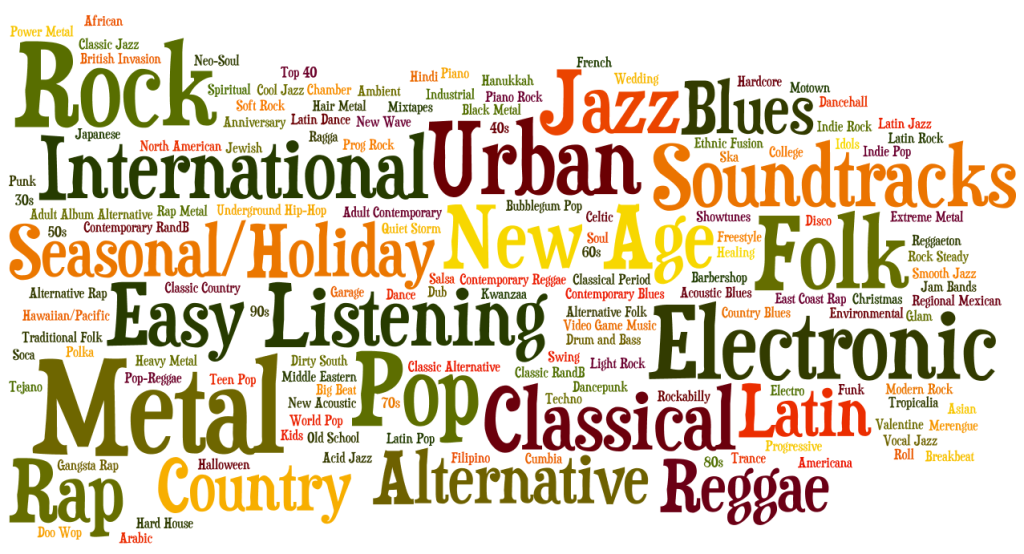
Knowing your genres isn’t a bad thing. For example, being able to explain the finer points of Post-Hardcore, or why Taylor Swift isn’t as Country as she was, or the stylistic difference between a The Arctic Monkeys and Cannibal Corpse, can be useful. Extreme examples there, but the point stands.
It’s in our nature to try and break things down to a level of understanding, and the definition of musical genres is no different. My knowledge was poor when I first began to listen music “properly”, but you pick things up and there is no problem in that, I’ve seen people shot down in forums for making a factual mistake where said verbal-barrage really wasn’t needed. Keyboard warriors, eh?
Some people do have a better understanding than others, of course, but it shouldn’t be an issue. As I said above, you pick things up and learn new things throughout your life. Just because someone starts talking about Post-Metal, Reggae, New Age Folk, Jungle House or something else you haven’t the foggiest about, does not mean you should feel, or be, dismissed.
So you know more about Punk than some? More into Progressive Rock or Experimental Dance and Electronic Music than John Smith down the road? Great – it’s good to know.
Music is wonderful thing, and if people didn’t investigate what the mysterious *Genre B* was that was mentioned on that music group or blog or ‘other recommendations’ list, then so much of the talent out there wouldn’t find an audience and that would be a true shame.
‘I guess the good things about music genres are that they are very much permeable, consequently they allow bands or musicians to find new ways in which to stretch their musical capabilities, this is particularly significant when it comes down to the longevity of a band! [W]hilst reworking musical genres may be interpreted as a form of pastiche, it’s still music at the end of the day, and that is first and foremost a band’s purpose and identity: To play music.’
– Sebastian Croft
New music and new genres are formed all the time but that can also be part of the problem. ‘Easycore’ is a good example. Although I understand the term – modern Hardcore breakdowns filtered through a Pop-Punk lens – I’m not a fan. Hardcore-core was another one I heard recently…. I literally have no idea.
It’s not unusual, however. Grunge was once new, and so was Avant Garde, Skate Punk, Folk Pop and Post-Rock. Each of which now have numerous bands and artists propping them up. Sometimes, without sounding biased, you will come across a genre name that will simply baffle and annoy. Or discover a band categorised to such an extent that it hurts the brain and provides a breeding ground for pointless rhetoric.
‘I think both the listeners and artists themselves enjoy being able to further diverse a genre and create a new “label” for their “new sound”, in order for them to feel like they enjoy something that is truly individual to them – and in turn, they feel more of an individual. But, I do think there’s a point where music can become too diversified, to the point where it gets silly, perhaps even laughable, and in the end, 99% of music will fall under the original genre umbrellas.’
– Stefan Armitage, MF Staff
It’s all politics really. A Left-Wing party can have a Centre-Ground policy as much as Right-Wing party can have a lefty moment. It’s exactly the same within the music debate.
A Pop-Rock band may cite Nirvana, The Beatles or The Who as influences, whilst a Metal band may have been musically impacted by Elvis Presley; stranger things have certainly happened. Much of the current wave of UK Pop-Punk, for example, is far more Rock-like in structure and embodies more of the Pop elements than the Punk. Whereas, much of the lesser known bands in the US are going the opposite way. Can that make it hard to define?
Not really. I mean, most music in the charts is regarded as Pop even if half of it is Hip-Hop based. Bands and artists mix in a game changer all the time, what of it? If it’s feasible that an Indie band is plugging some Punk Rhythms, or even some Ska, on a track or two, is that really worth reclassifying?
‘Genre labelling really only goes as far to tell you what basic likeable things you’ll find in the genre. But, at some point it goes so far as to ruin the surprises of what you’re about to listen to, as stereotypes of some genres can turn you off, and may keep you from discovering a band you’d like.’
– Ian Carlucci
I organise my music loosely on my computer, I have well over ten thousand songs now, a value that grows by the day. But if I anally organised every album or song that went a different way, stylistically speaking, I’d be there all week! In this case, classifying does help, but regardless of that, someone is always going to claim that you, or a general tag on Amazon, iTunes or Spotify, are wrong.
Take the above video for example. Acoustic guitars, defiant Punk-styled lyricism, all delivered through a Reggae/Ska-tinged Grime sound output and structure that could easily fit a Ska-Punk frame. And that’s just this song, you should hear the rest of the album…
Half the time, bands won’t even – publicly, at least – label themselves or simply do so roughly. Strung Out for example: ‘Punk, Rock, Metal, Whatever’.
‘[T]here seems to be 100 different and new “Genres” every week. [I] feel like I’m not down with the kids anymore, when I was younger it was basically ‘Pop’, ‘Rock’ ‘Metal’ etc… But now, I’m lost!’
– Kim Robinson
Labelling can really put people off when it comes to music and I completely understand that. Music is music at the end of the day, but it does differ, and it does send peoples’ tastes in different directions and on to knew things. Which is something you can’t argue with, although, on the flip-side, it still causes needless arguments.
Why should certain words be considered “dirty” or off-putting? Why should *Person A* be ridiculed by *Persons B, C and D* for trying to explain what *Band A* is in regard to sound? Why should it be disregarded because it isn’t played on national radio at the mainstream forefront? To put it bluntly, it’s bullshit.
Music wouldn’t have developed if people hadn’t created genres either by accident, or by intended experimentation. Whether people like it or not, it can often help to discover music, aid you in conversation, find something for your mood or add a small level of clarity to that bulging music collection. You may hear genre tags that are ridiculous to you, but make perfect sense to others. Or you may be enticed, so that you go on to expand your music taste.
Formalities aside. Genre naming? Defining? Classing? Fine, just don’t be a dick about it. The beautiful thing about music is that it can cater to all tastes in some way. People can find their niche, balance and Community through it. The love of the music is always Primary, any process of categorisation that comes after is purely Secondary.
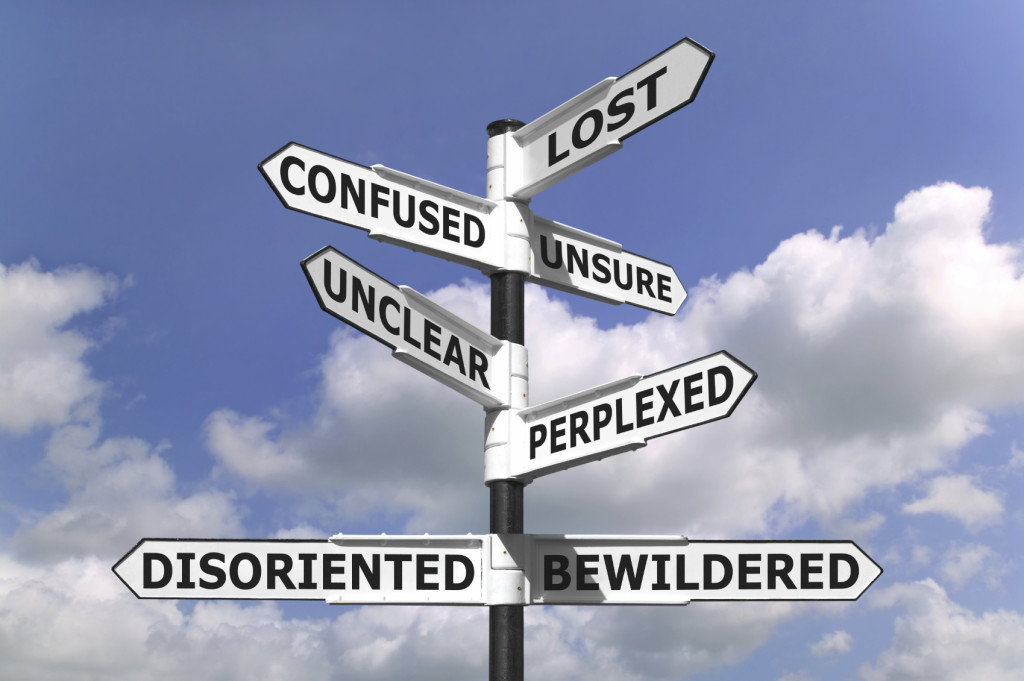
The “Genre” Thing and That Whole Grey Area – can be ridiculous but to reiterate the above, when you’re having a chat or even a debate on the subject, remember that music is so much more than a label.
‘At end of the day, those passionate souls are the ones paying £45 to sleep in Uncle Ned’s Farmyard camp 100 miles away so they can see their favourite band.’
– Sebastian Croft
Personally, I’m still waiting for the latest in: Post-Math-Hop-New-Crust-Wave-Hip-Punk-Djent-Folk-Core.
#StayFresh – ‘When I got the music, I gotta place to go’



